Piotr Zawadzki
Рождение : 1949-07-08, Warsaw, Poland

Sound Editor
Второй фильм трилогии «Три цвета» напоминает анекдот в пушкинско — гоголевской традиции. Притча о необходимости равенства между людьми во всем мире приобретает в этом фильме черты трагикомедии, саркастической истории о человеке, который теряется в цивилизованном мире — зато прекрасно чувствует себя в постсоциалистическом обществе. Лишь в финале этот сатирический набросок нравов превращается в щемящий рассказ о жажде любви…
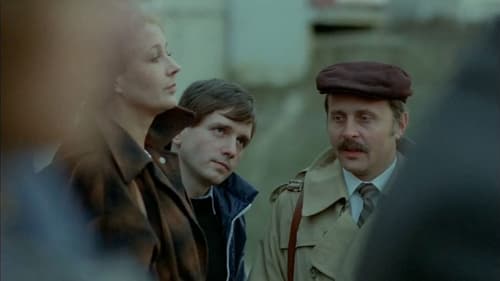
Sound
A young architect is locked up in prison. He recalls his uncompromising youth and gradual sliding into the moral swamp of compromises. He was not alone. A group of his friends, dreamers and glass house builders, accompanied him.
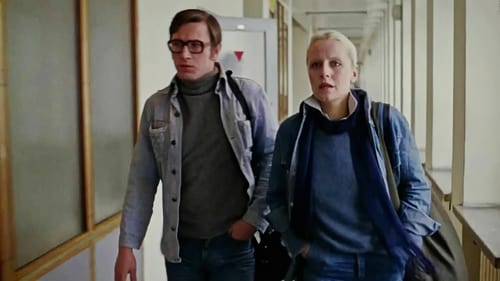
Sound
Варшава 1980-х годов. Коммунистическая партия отправляет журналиста Винкеля провести грязную кампанию против бастующих работников в Гданьске. Главной целью Винкеля становится активист Томчик…
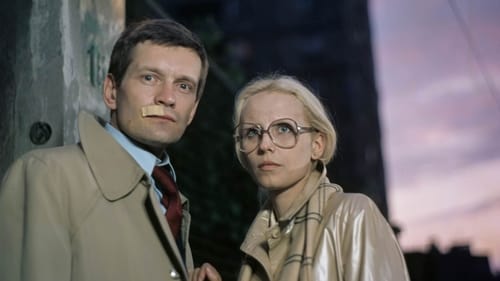
Sound
A violinist in a provincial Polish orchestra, whose husband is the director of the ensemble, on a visit to the US ties up with the world- renowned symphony conductor. As it turns out he was once in love with violinist's mother. The conductor, a slightly unstable hypochondriac, returns to Poland to lead the provincial orchestra. He also tries to revive old love affair using the violinist as a surrogate of her mother. Her husband is resentful of the conductor for both personal and professional reasons.
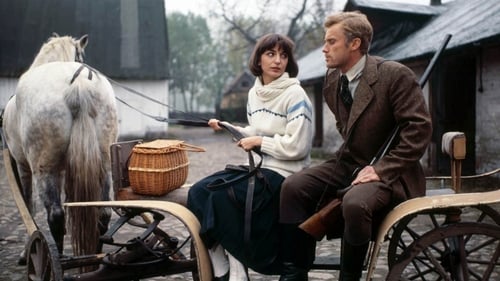
Sound
Действие психологической драмы происходит в предвоенной Польше. Главный ее герой — молодой человек Виктор Рубен, который из-за внутреннего опустошения оказывается не в состоянии помочь сестрам — подругам своей юности, задыхающимся в провинциальной глуши города Вилько, нравственно гибнущим на его глазах.

Sound
A famous Polish journalist presents a problem for the powers-that-be when he displays his full political skill and knowledge on a television show featuring questions and answers on a world conference by a panel of journalists. His enemies take away his privileges when he is away. The shock of being "unwanted" parallels a deeper disappointment in his private life: his wife has an affair with a jealous young rival, and after 15 years of marriage and two daughters wants a divorce. She offers no explanations as he tries to untie these problems himself. All the moves he makes are the wrong ones. He takes on drinking heavily with students eager to attend his seminar after discovering the class has been canceled. The journalist, once suave and commanding is reduced to silence.
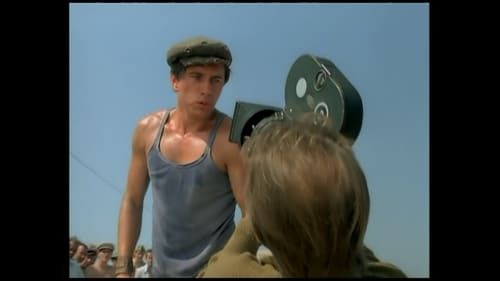
Sound
Молодая студентка киношколы Агнешка снимает свой дипломный кинофильм о прославленном ударнике коммунистического труда Матеуше Биркуте, каменщике из Нова-Гуты, нового промышленного района Кракова. Агнешка пытаясь разузнать правду о его жизни, сталкивается и с горькой правдой о трудных для польского народа 50-х годах. Путешествуя вместе со съёмочной группой на служебном «Робуре», Агнешка раскрывает всё новые завесы вокруг событий тех лет, добирается до людей, который знали Матеуша Биркута.
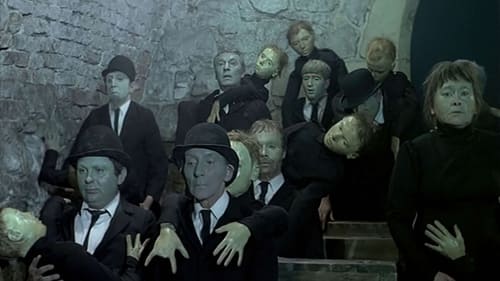
Sound
The Dead Class (1975), by Tadeusz Kantor and the Cricot 2 company, is considered one of the most innovative and influential works of twentieth-century theatre. The breakthrough first version of the production - performed to great critical acclaim, but only rarely seen live by audiences outside Poland - was documented on film in 1976 by the Oscar-winning director Andrzej Wajda.

Sound
Young former partisan recalls his war experience during a trip to the sea.







